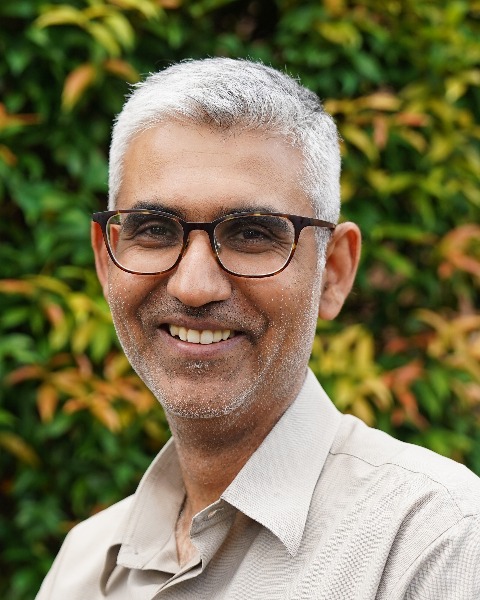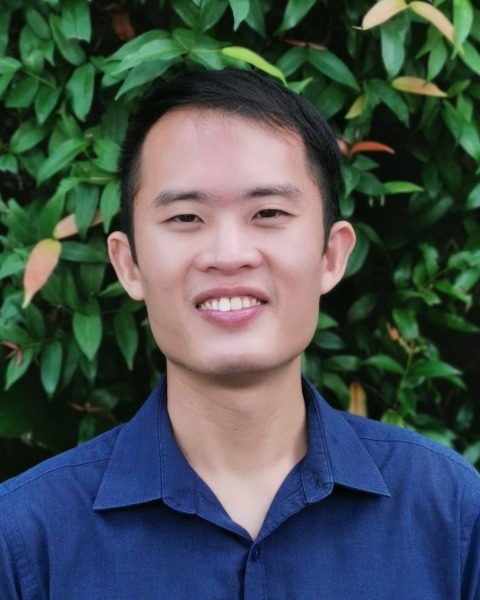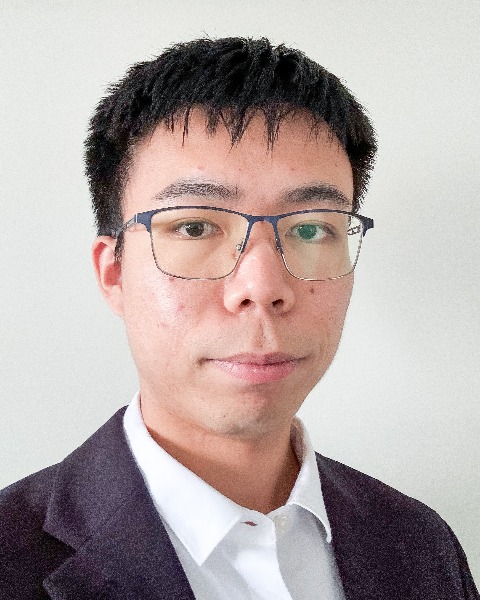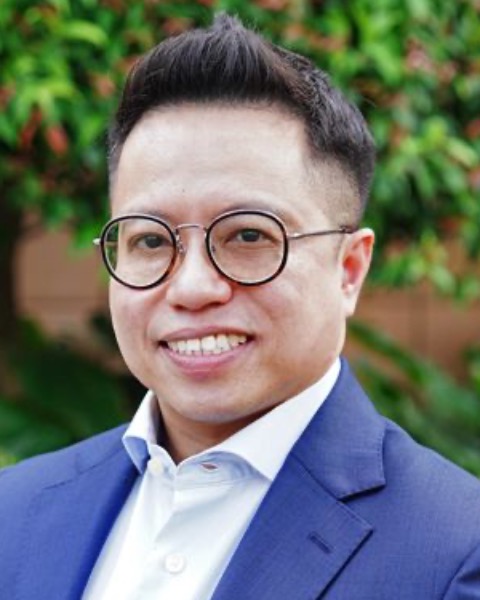Behavioral and Social Sciences
Family Caregiving: Time-Varying Contexts of Social Support, Finances, Burden, and Benefits
-

Rahul Malhotra, MBBS, MD, MPH (he/him/his)
Associate Professor
Health Services and Systems Research
Duke-NUS Medical School
Singapore, Singapore -

Jeremy Lim-Soh, PhD (he/him/his)
Research Fellow
Centre for Ageing Research and Education
Duke-NUS Medical School
Singapore, Singapore -

Jeremy Lim-Soh, PhD (he/him/his)
Research Fellow
Centre for Ageing Research and Education
Duke-NUS Medical School
Singapore, Singapore -
.jpg)
Yin Liu, PhD (she/her/hers)
Associate Professor
Human Development & Family Studies
Utah State University
Logan, Utah, United States -

Yongjing Ping, MSc (he/him/his)
Student
Health Services and Systems Research
Duke-NUS Medical School
Singapore, Singapore -

Ad Maulod, PhD, MSc, M Soc Sci, BA (Hons II Upper) (he/him/his)
Senior Research Fellow
Centre for Ageing Research and Education
Duke-NUS Medical School
Singapore, Singapore
Chair(s)
Co-Chair(s)
Individual Symposium Abstract First Author(s)
Family caregiving is a crucial component of long-term care. Care provision provides opportunities for psychosocial gain but can also lead to burden among family caregivers in multiple domains – physical, psychological, social, and financial. Family caregiving is dynamic, with changes over time in the needs of care-recipients as well as care responsibilities and outcomes experienced by caregivers, yet longitudinal studies on caregiving contexts are scant. Longitudinal changes and trends in social support, financial well-being and service use, burden and benefits of caregiving, and spiritual resilience are essential to identify caregivers at-risk of detrimental changes over time. The four presentations in this symposium provide empirical findings from population-based longitudinal studies of family caregivers of older adults, most with three or more time points of data collection. The first investigates heterogeneity in perceived social support of family caregivers over time and explores the role of caregiver psychological resilience in reshaping the trajectories. The second examines longitudinal trends in financial difficulties and income among family caregivers and their impact on supportive care service utilization. The third discusses joint trajectories of the burden and benefits of caregiving over time and highlights modifiable factors in the process. The fourth unravels the paradox wherein family caregivers simultaneously experience both high burden and benefits of caregiving. Collectively, the presentations underscore the heterogeneous and dynamic nature of family caregiving and contexts over time. They also highlight the need to strengthen caregivers’ psychological resilience, financial capacity, preparedness for caregiving and spiritual beliefs to enhance their caregiving experience.
Learning Objectives:
- After attending this session, participants will be able to better understand the value of longitudinal studies of family caregivers.
- After attending this session, participants will be able to understand the patterns of adverse or beneficial changes in caregiving contexts over time, and modifiable predictors and outcomes associated with the patterns.
- After attending this session, participants will be able to gain familiarity with advanced statistical methods, such as group-based trajectory modelling and joint-trajectory modelling, that aid in understanding heterogeneity in changes in outcomes of interest over time.
Presentations:
-
8:00 AM - 9:30 AM PSTTrajectories of Social Support Among Family Caregivers: The Role of Psychological Resilience
Individual Symposium Abstract First Author: Jeremy Lim-Soh, PhD (he/him/his) – Duke-NUS Medical School
-
8:00 AM - 9:30 AM PSTLongitudinal Trends of Family Caregivers' Financial Well-Being and Supportive Care Service Use
Individual Symposium Abstract First Author: Yin Liu, PhD (she/her/hers) – Utah State University
-
8:00 AM - 9:30 AM PSTJoint Trajectories of Caregiving Burden and Benefits Among Family Caregivers of Older Adults
Individual Symposium Abstract First Author: Yongjing Ping, MSc (he/him/his) – Duke-NUS Medical School
-
8:00 AM - 9:30 AM PSTKeeping the Faith in Adversity: Unpacking the Paradox of Intensive Caregiving
Individual Symposium Abstract First Author: Ad Maulod, PhD, MSc, M Soc Sci, BA (Hons II Upper) (he/him/his) – Duke-NUS Medical School
